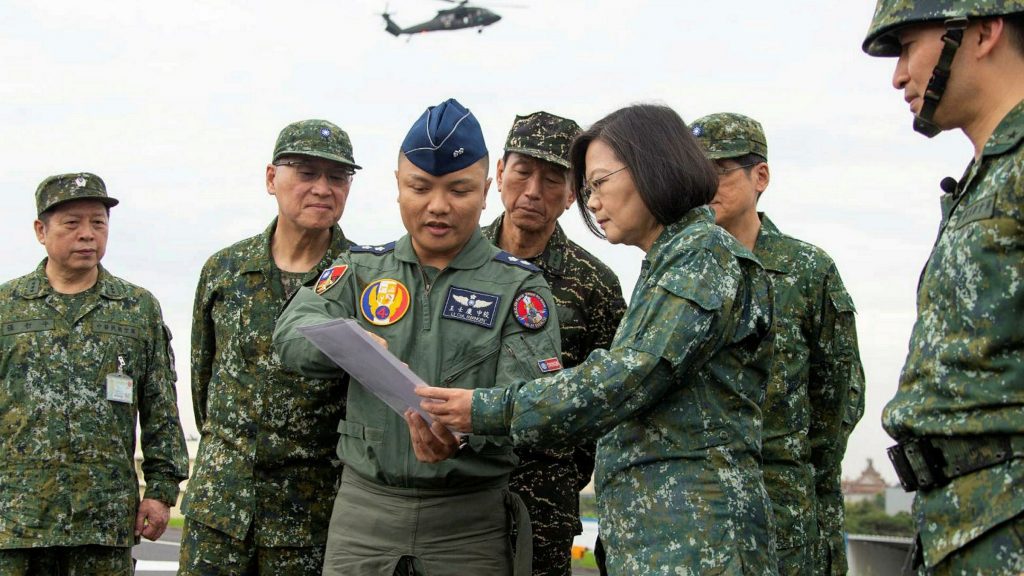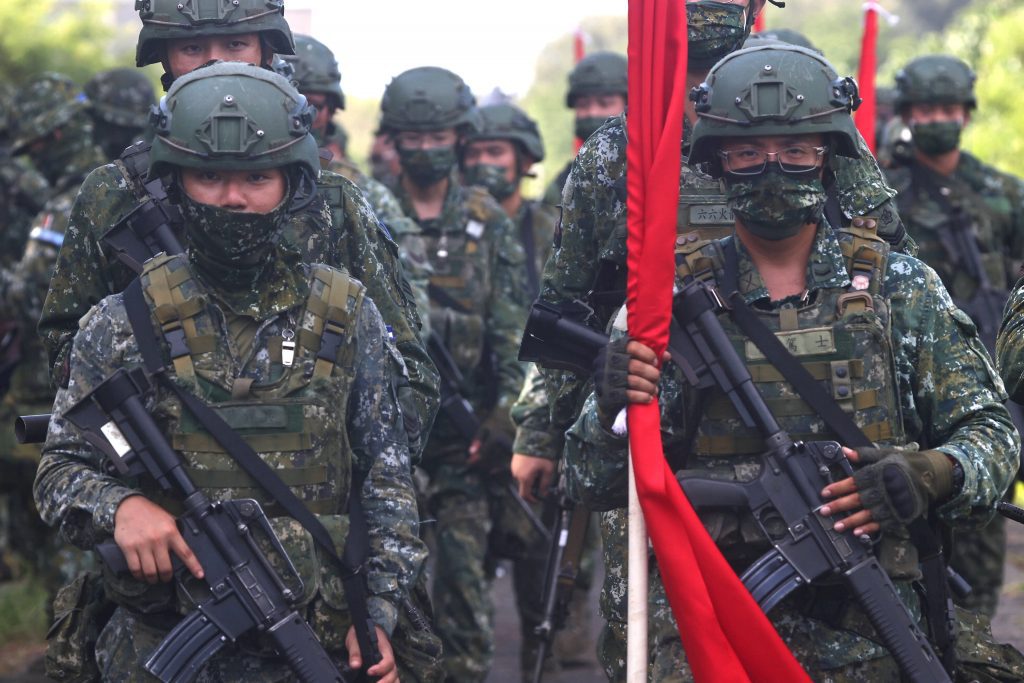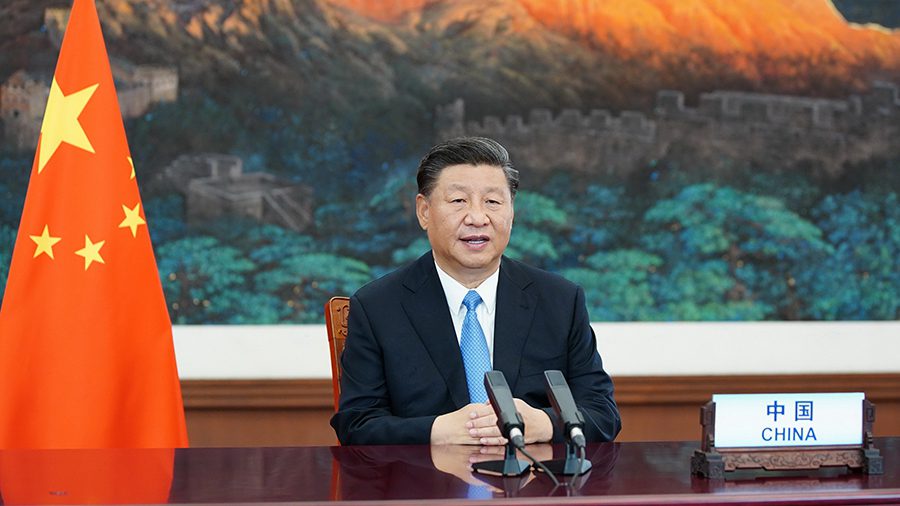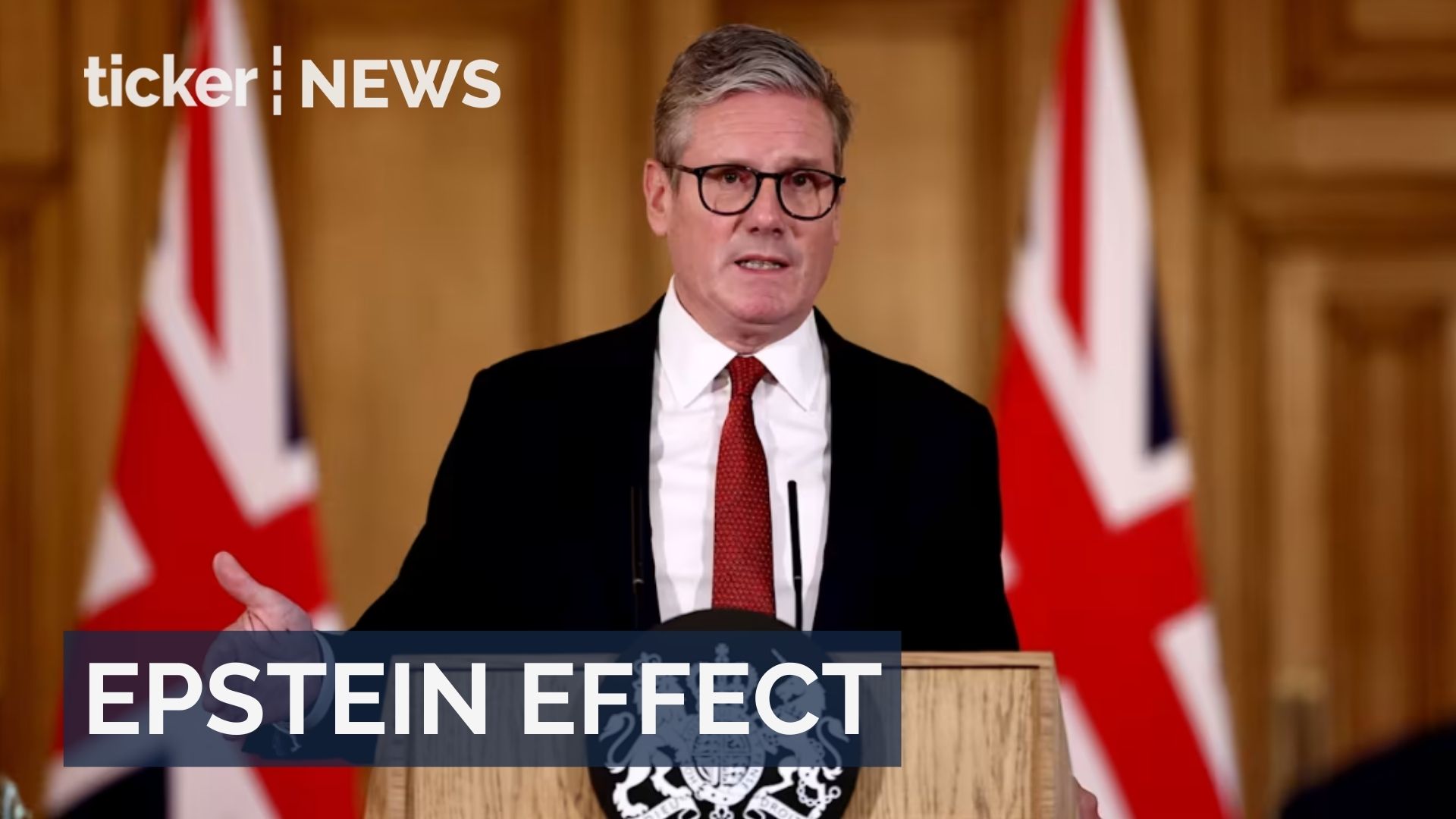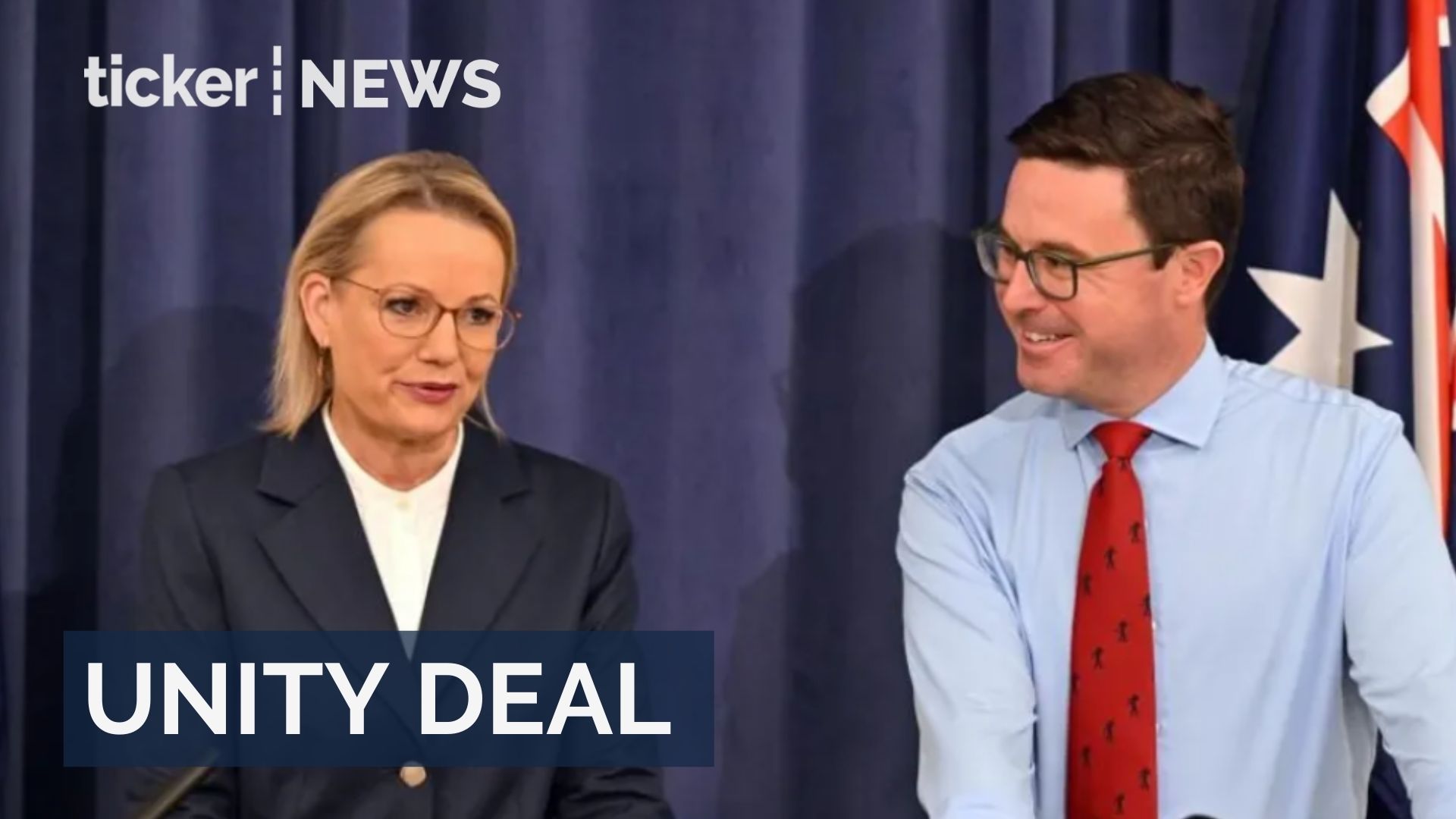News
China and U.S. to abide by Taiwan agreement
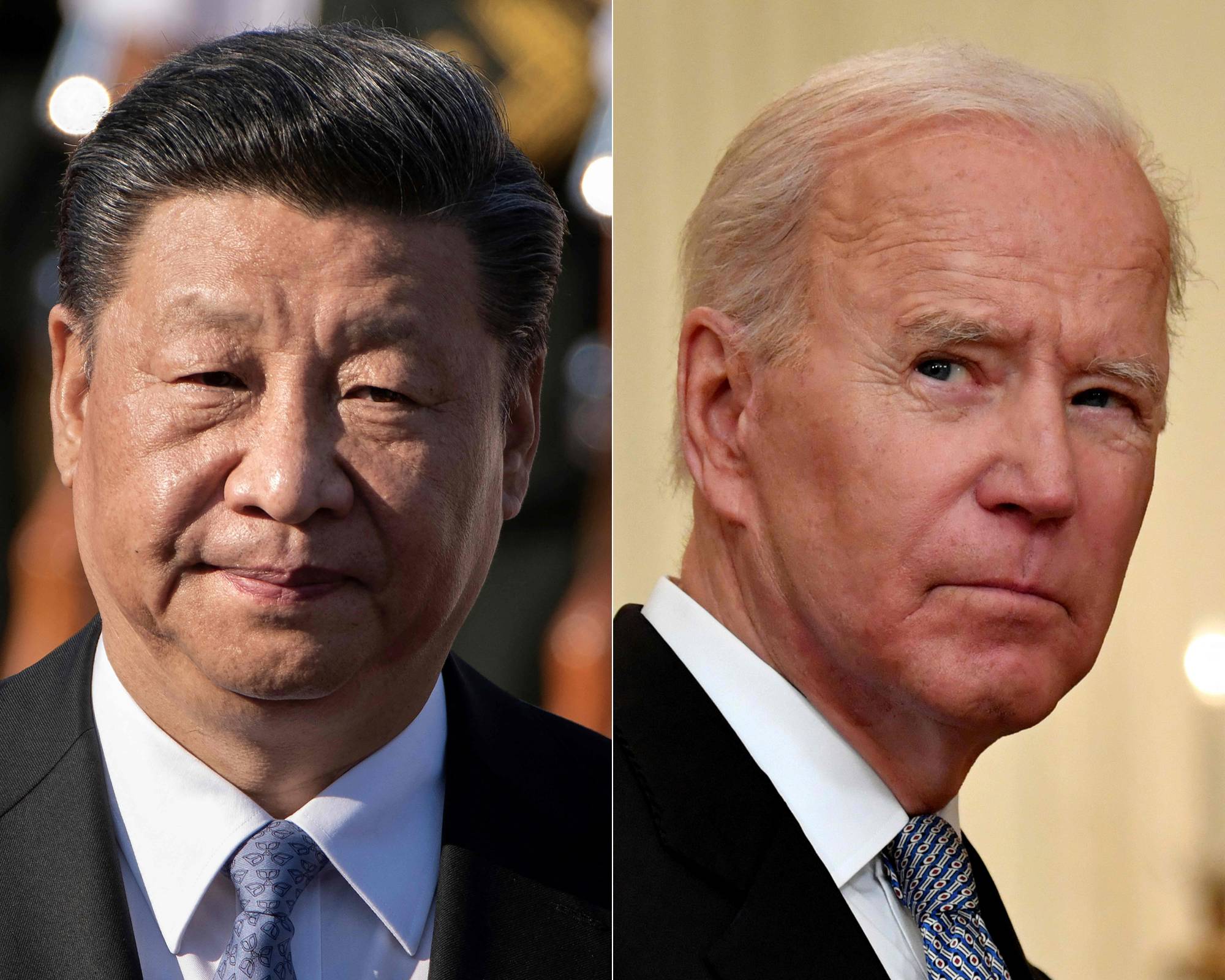
News
PM Keir Starmer facing his biggest leadership crisis yet
UK PM Keir Starmer faces pressure over Epstein links and party unrest, with approval at 20% amid resignation calls.
News
Sydney protests intensify as police arrest dozens during Herzog visit
Protesters clashed with police in Sydney, resulting in 27 arrests amid tensions over Israeli President Herzog’s visit.
News
Liberal and Nationals reunite after political split
Australia’s major parties restore Coalition unity after three weeks, with Nationals frontbenchers rejoining shadow cabinet and ministers pledging commitment.
-



 News4 days ago
News4 days agoU.S. ramps up Cuba aid as energy crisis deepens
-



 Tech4 days ago
Tech4 days agoOpenAI and Anthropic launch faster, smarter AI tools for enterprise coding
-



 News5 days ago
News5 days agoOil prices surge as U.S.-Iran tensions escalate
-

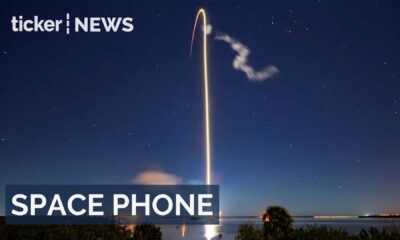

 News4 days ago
News4 days agoSpaceX expands Starlink with phone plans and satellite tracking ambitions
-



 Ticker Views5 days ago
Ticker Views5 days agoWinter Olympic security tightens as US-European tensions grow
-



 Ticker Views4 days ago
Ticker Views4 days agoRebuilding Gaza: Lessons from the Phoenix Plan
-

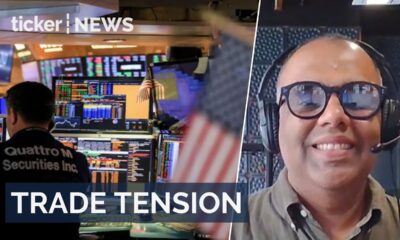

 Money4 days ago
Money4 days agoU.S. markets mixed as tech slumps and Fed moves spark uncertainty
-

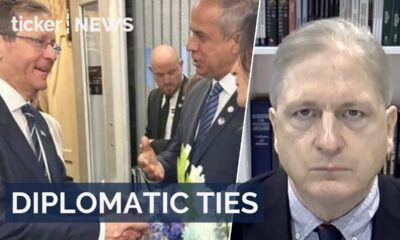

 Ticker Views1 day ago
Ticker Views1 day agoIsraeli President Herzog visits Australia amid rising antisemitism



